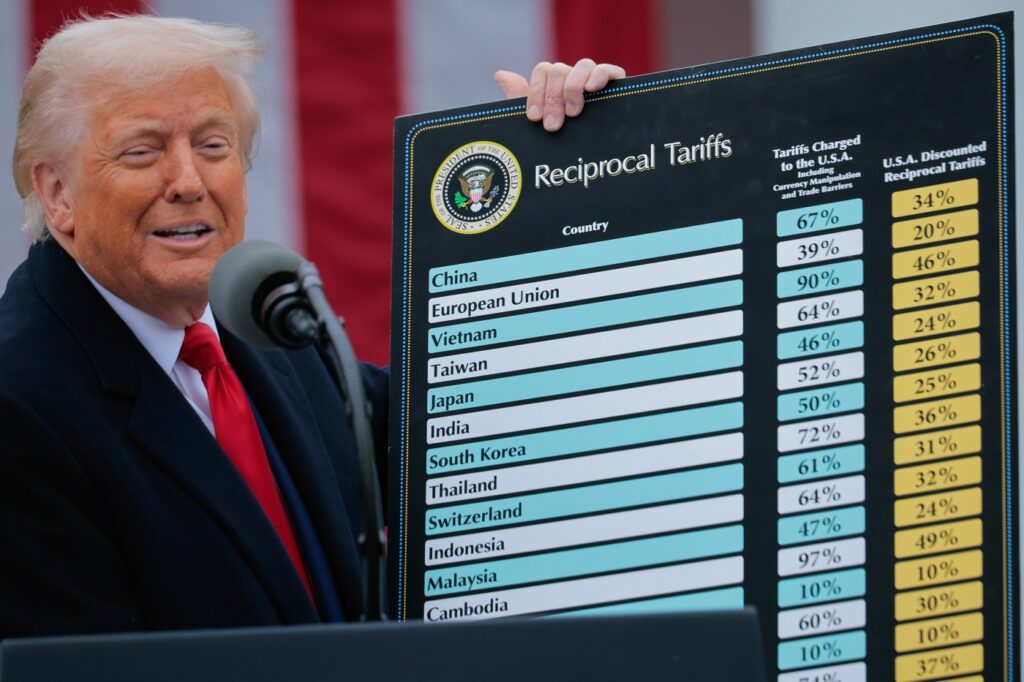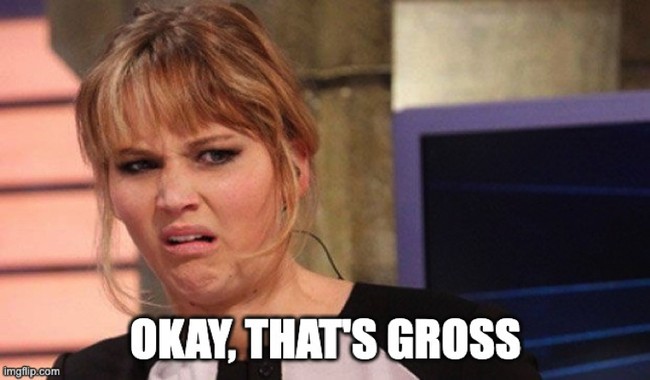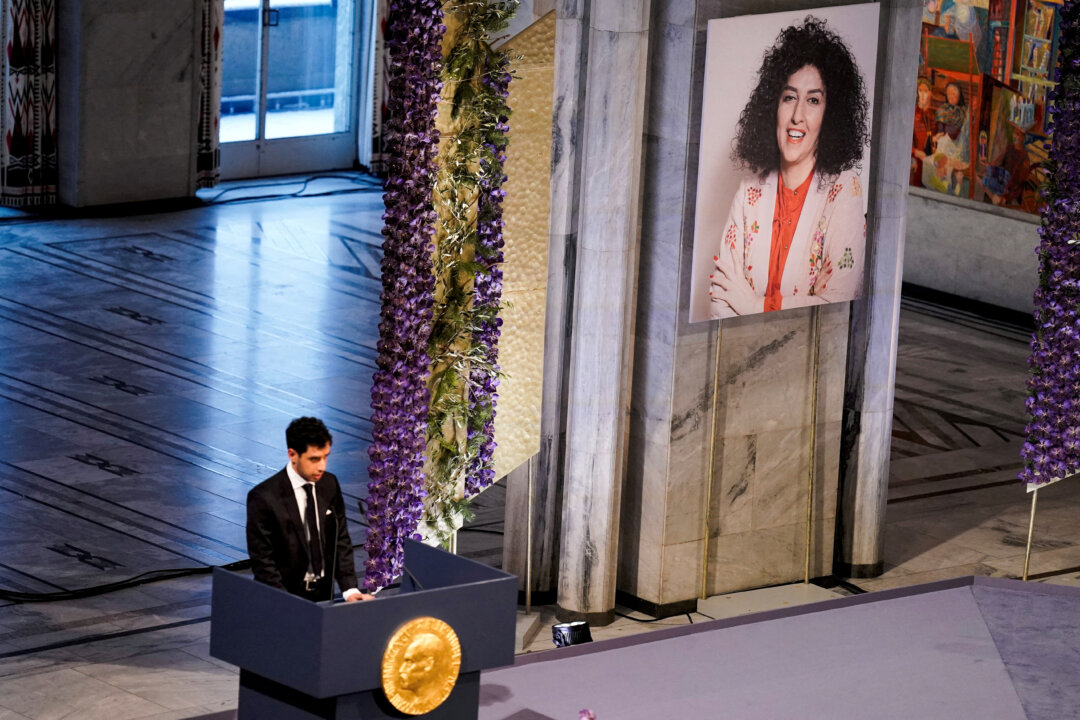
During a recent hearing, the Supreme Court justices expressed skepticism regarding former President Donald Trump‘s attempts to impose tariffs using emergency economic powers that do not explicitly include such authority. This controversial move could disrupt the global economy and encroach upon Congress’s power to regulate revenue. The justices appeared concerned about the implications of allowing one branch of government to unilaterally expand its authority at the expense of another.
Concerns Over Expanded Presidential Power
Trump’s use of tariffs has drawn significant criticism for contributing to economic instability, undermining confidence in American markets, and increasing consumer prices. The legal arguments presented by Solicitor General John Sauer described the situation as a “trade deficit emergency,” yet the specifics of this emergency have not been clearly articulated. Critics argue that the notion of a perfect balance in trade relationships is unrealistic and economically unnecessary.
This debate raises fundamental questions about the balance of power within the U.S. government. The Constitution delineates specific powers to each branch, and many are apprehensive about the precedent set if the executive branch is allowed to commandeer taxation powers from Congress under the guise of addressing trade deficits. Several lower court judges have already deemed Trump’s actions unlawful, reflecting a broader consensus that these tariffs may overstep legal boundaries.
Implications for Future Governance
The ramifications of permitting such an expansion of presidential power could reshape economic policy and international trade relations. Observers note that Trump’s fixation on trade deficits lacks a coherent rationale tied to economic or geopolitical realities. This has forced members of his administration and legislative allies to publicly support policies that many find illogical.
As the Supreme Court deliberates, the focus shifts to how far the judicial system will allow the expansion of executive power. The justices have previously made decisions that challenge established precedents, but they are now faced with a scenario where the potential consequences of a president reorienting global economic structures on a whim could be significant.
Trump’s ongoing discussions about circumventing a potential ruling from the Supreme Court further illustrate his disregard for legal constraints. The outcome of this case will not only affect trade policies but could also redefine the limits of executive authority for years to come.






